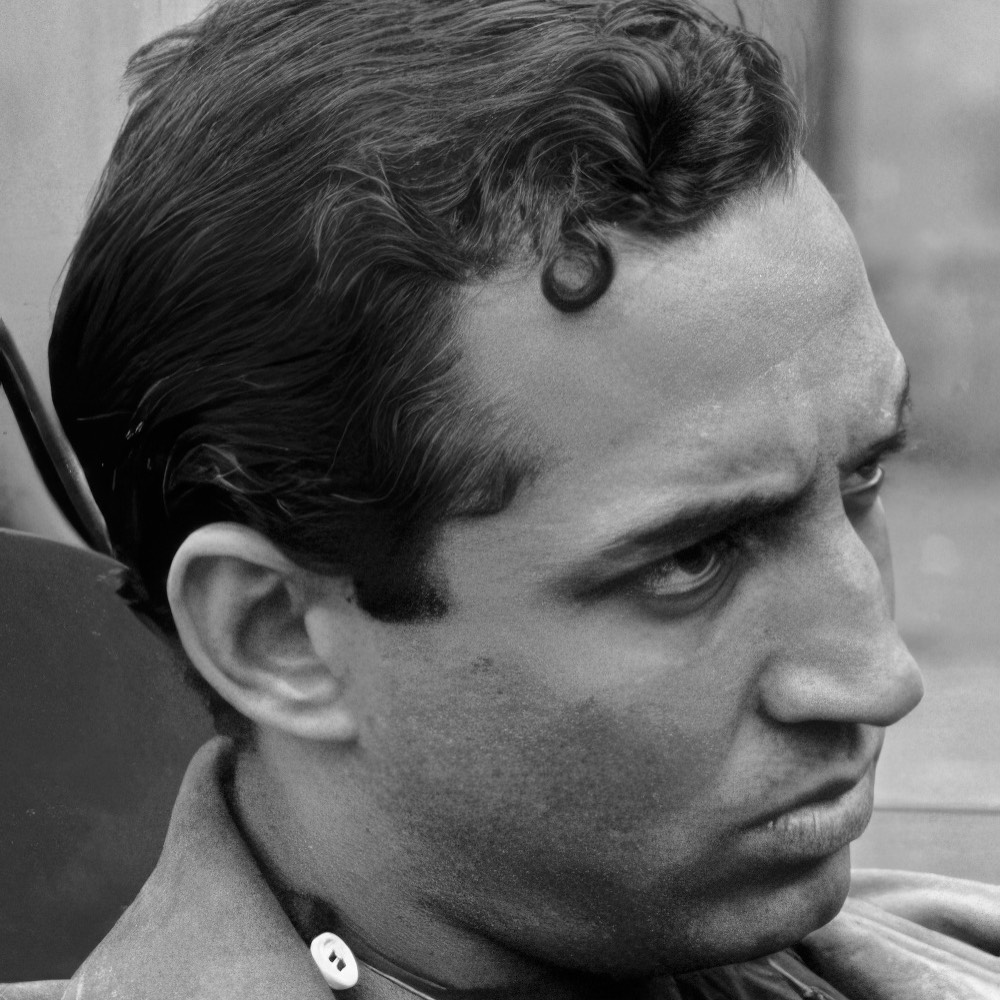
Mário de Araújo Cabral
Career Statistics
Biography
Mário Manuel Veloso de Araújo Cabral (15 January 1934 - 17 August 2020): Portuguese racing driver from Porto, commonly known by the nickname 'Nicha' Cabral, who made history as the first Portuguese driver to compete in Formula One. He participated in five World Championship Grands Prix (four starts) from 1959 to 1964, scoring no championship points. Cabral was the son of the second marriage of the 1st Count of Vizela and was regarded as Portugal's outstanding driver of the late 1950s and early 1960s. Born into Portuguese nobility, Cabral had the financial resources and social connections to pursue motorsport despite Portugal's limited racing infrastructure.
He began racing in the mid-1950s in sports cars and national events, quickly establishing himself as Portugal's fastest driver. His performances earned him opportunities to compete internationally. Cabral made his Formula One debut at the 1959 Portuguese Grand Prix at the Circuito de Monsanto on 23 August, driving a privately-entered Maserati 250F. The race was notable for a controversial incident involving Cabral and Australian driver Jack Brabham, who would go on to win the 1959 World Championship.
According to Brabham, Cabral caused an accident while being lapped, colliding with Brabham and causing the Australian's car to spin and somersault into a telegraph pole. Brabham was fortunate to escape with his life. However, in his autobiography, Cabral strongly disputed this account, insisting he kept his racing line and that Brabham attempted an overtake at a dangerous place. The truth remains contested, but the incident nearly cost Brabham his life and the championship.
Cabral finished tenth at the 1959 Portuguese Grand Prix, outside the points. He returned for the 1960 Portuguese Grand Prix, again in a Maserati, finishing tenth once more. At the 1961 German Grand Prix at the fearsome Nürburgring Nordschleife, Cabral drove a Cooper-Climax. He started 16th and was running tenth by mid-race before his gearbox failed, forcing retirement. His performance demonstrated genuine pace on one of motorsport's most challenging circuits.
At the following race, the non-championship 1961 Pau Grand Prix, Cabral finished fourth behind Jim Clark, Jo Bonnier, and Lorenzo Bandini—an excellent result that showcased his abilities when the machinery held together. In 1962, Cabral's racing career was interrupted by Portuguese National Service. He served as a paratrooper in Angola during Portugal's colonial wars, a dangerous deployment that took him away from racing during his physical prime. This military service cost him crucial years of development and likely prevented further Formula One opportunities.
Cabral's final Formula One appearance came at the 1964 Italian Grand Prix at Monza, driving a Derrington-Francis-ATS, an unusual British-built car using an ATS chassis and engine. He retired from the race, ending his Formula One career with five entries, four starts, zero points, and zero podiums. Beyond Formula One, Cabral competed regularly in sports car racing and Formula Two throughout the 1960s. In 1965, he suffered serious injuries in a crash at the Formula Two Rouen-Les-Essarts Grand Prix in France, an accident severe enough to end his competitive career.
He was absent from racing until 1968, when he returned for occasional sports car races and Formula Two events, though never regaining his previous form. Cabral retired from active competition in 1975, concluding a career spanning two decades. Following retirement, Cabral lived a relatively private life in Portugal, occasionally attending motorsport events and historic race meetings. In 2009, at age 75, Cabral publicly came out as bisexual, a brave decision in conservative Portuguese society and particularly remarkable for someone from his aristocratic background and generation.
His decision to live openly represented courage off the track to match his bravery on it. Cabral lived to age 86, passing away on 17 August 2020 during the COVID-19 pandemic. His death received coverage in Portuguese media, celebrating him as the country's Formula One pioneer and recognizing his broader contributions to Portuguese motorsport. Obituaries noted his aristocratic background, military service, racing achievements, and later decision to come out publicly.
Known for his speed on challenging circuits like the Nürburgring, controversial incident with Jack Brabham, military service as a paratrooper in Angola, serious injuries at Rouen, and courage in coming out as bisexual at age 75, Mário de Araújo Cabral represents Portugal's early efforts to compete in international motorsport. As the first Portuguese Formula One driver, he paved the way for future generations, even if his own career was limited by equipment, finances, and circumstances beyond his control.